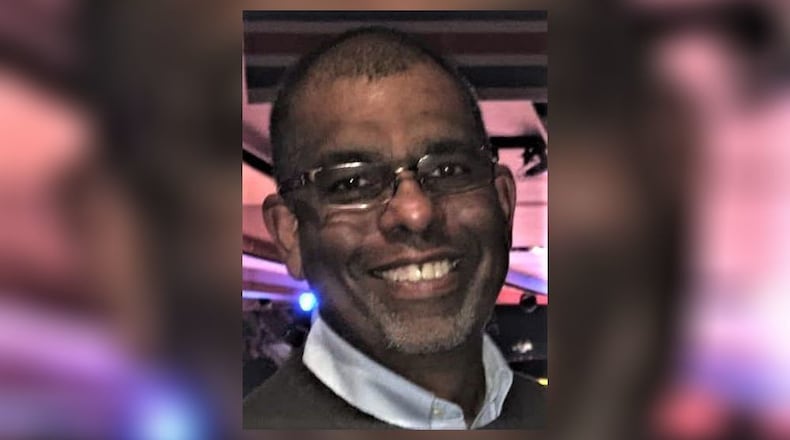Taft now serves as a distinguished research associate at the University of Dayton. In an interview, he discussed how politics has changed since he left office, what he does and doesn’t miss, and whether he could be elected today.
The conversation has been edited for brevity and clarity.
Do you miss politics?
No. Do I miss being governor? Yes. But I don’t miss the political combat. I mean, I enjoyed working with legislators and meeting people around the state. You make a lot of friendships.
But campaigning isn’t easy.
Campaigning is very hard work. very repetitive. I don’t miss the parades, although parades are important. They’re important for visibility, but it’s hard work to smile for an hour.
How has politics, in your view, changed since the time as governor?
I think politics has become more hyper-partisan. It’s become more like war. And it’s become that way to some extent in both parties. Compromise with the other side, even to get something important, is frowned upon. There’s more, I think, dislike of the other side. That’s especially true at the national level, with fewer close relationships among elected officials across the aisle, where people really got to know each other as people as human beings. Columbus has been infected somewhat by the national divisions, the national polarization, so there’s probably less working across the aisle now in Columbus than there used to be.
How have the political parties changed?
The Republican Party has moved more to the right, Democrats more to the left. There used to be more moderates. When I was starting in politics, the Democratic Party was the party of the working class, and the Republicans more business, maybe upscale. Well, now, the Democrat Party is more of the party of the coastal elites, so to speak, and less the party of the working class. And, you know, (former President Donald) Trump did very well with the working-class areas of the country that had been hollowed out by globalization, China, the decline of manufacturing, and so forth.
How did Republicans make gains with working-class voters?
I think the Democratic Party became more associated with identity politics and removed themselves from their traditional constituency, who then didn’t have a home. I’m not an expert, but I think that those communities, those middle income, blue-collar communities that have more traditional values, felt that the Democratic Party was no longer speaking to them.
What’s your philosophy of governing?
It’s a combination of conservative and pragmatic. The state has certain jobs like funding schools, transportation, park systems, public services. So that’s my philosophy of government. That was my dad’s (Bob Taft Jr.) too back when Congress. He voted for the 1964 Civil Rights Bill. He was a moderate Republican. But today, if you look at Congress, and if you look at state legislatures, no Republican would want to call themselves a moderate.
Do you think you could be elected today?
I’m not sure. I think some of the conservative Republicans thought I was a RINO (Republican In Name Only) anyway. I might give a State of the State speech and talk about the need to rebuild our highways, or we need a clean Ohio fund for trails and parks and waterways. And then some Republicans would say, now we want to hear the Republican response to Governor Taft’s speech. (chuckles)
Do we run the risk of running good people out of government?
I think that’s a great risk, that good people are not going to want to run because it is so partisan, so nasty. The lack of civility is an issue, too. The lack of respect for human differences, for human dignity. I think that’s a real problem, so I’m very concerned.
Ray Marcano is a long-time journalist whose column appears on these pages each Sunday. He can be reached at raymarcanoddn@gmail.com.
About the Author

